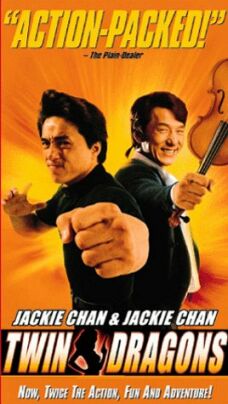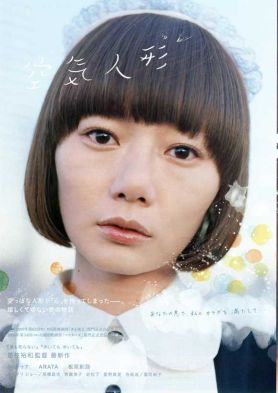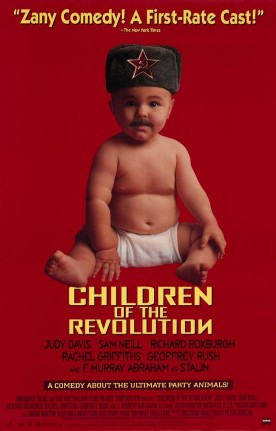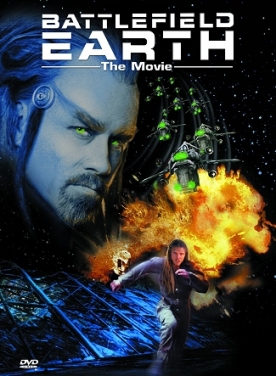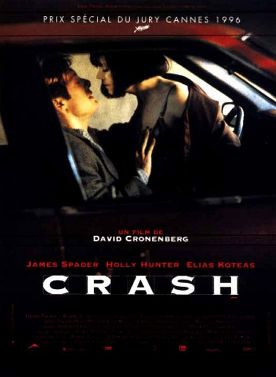Twin Dragons (Shuang long hui)
Twin Dragons, starring Jackie Chan and directed by Tsui Hark and Ringo Lam is a huge disappointment. Regular readers will know that I am a Chan fan, but although it was made some years ago in Hong Kong, this movie looks like one made to suit a big star who has too much creative control for his own good. None of the usual ingredients of a good movie — plot, characterization, dialogue, dramatic sense — has ever been among Jackie’s strong suits. We wait impatiently for the feeble interstitial matter to be over with so that we can get to the next fight scene. It’s not an ideal way to watch a movie, but the fights are so impressive in their balletic grace that it is worth putting up with all the inferior stuff. In some of his earlier films — those made in Hong Kong as well as the first couple of American pictures — there was also a wry and charming sense of humor that helped the medicine go down.
That must have been what convinced him he could do comedy of a more straightforward sort. He can’t. Twin Dragons is based on the comic premiss of twins, John and Boomer (both played by Jackie), who are separated at birth, one of whom becomes a world-renowned conductor-pianist in America while the other remains a scrappy street-fighter in Hong Kong. Neither knows about the other until they meet cute back in Hong Kong on a concert tour by John, switch identities, switch girlfriends, switch cell phones and finally team up to battle an underworld boss served by the usual superfluity of second-string ninja fighters.
You can imagine the comic possibilities — though probably not how few of them are taken advantage of. Instead there is a lot of comic business not seen since the cheaper sort of 1950s TV shows — not that it has been missed. Danny Kaye’s wacky orchestra conducting lives again here, as do the sort of Three Stooges gags where two men fighting both try to run away only to encounter each other as they round a corner, whereupon they jump with fright. Meanwhile the two women (Maggie Cheung and Nina Li Chi) react like Lucy or some other 50s maiden to the surprise of having mistaken one Jackie for the other — by fainting. The little-guy sidekick, called Tyson (Teddy Robin), who always gets the tough guy in trouble with his big mouth also looks horribly dated.
Even the production values are surprisingly shoddy, and neither the lip-synching nor the hand-synching (when Jackie supposedly plays the piano) are even remotely realistic. The fights are as usual brilliantly choreographed, but there are too few of them and the multiple failures of dramatic plausibility all around them spill over, making them too seem stagey and unconvincing. This time, even Jackie doing what he does best can’t make the movie worth seeing
Discover more from James Bowman
Subscribe to get the latest posts to your email.

